Published
3 years agoon

The United Nations (UN) celebrates, on May 20, World Bee Day to raise awareness about the importance of bees and pollinators, the threats they face, and their vital role in food and sustainable development.
Celebrated this year under the theme “Bee Engaged in Pollinator-friendly Agricultural Production,” World Bee Day 2023 calls for coordinated international action to promote pollinator-friendly agricultural practices, highlighting the significance of safeguarding bees and other pollinators, notably through scientific agricultural production methods.
Bees and other pollinators are essential for the health of ecosystems and food security, as they help maintain biodiversity and ensure the production of nutritious food; however, they are endangered due to human impact.
Bee populations are impacted by intensive farming methods, land use changes, monocultures, pesticides, and greater temperatures brought on by climate change, which subsequently affect the quality of food we grow and eat.
To raise awareness about the role of bees, the United Nations (UN) Food and Agriculture Organization (FAO) holds annual meetings with experts to provide insight on related issues.
Speaking about the importance of pollinators in ensuring world food security, FAO Officer of Agriculture, Abram Bicksler, warned about the deterioration of the situation of bees, noting that there is an increase in the number of managed honey bees against a decrease in the number of wild pollinators (bats, hummingbirds, insects…).
Concerning the threats that face bees and pollinators, Bicksler affirmed that humans contribute to the combination of factors that threaten the existence of bees and pollinators, such as “climate change, habitat loss, overuse of pesticides, and diseases in pests.”
Similarly, the FAO Officer also shed light on the severity of the existential threat facing bees, noting that there are other species and pollinators yet to be identified that are also at risk of extinction.
Bicksler also stated that bees are vital pollinators to 75% of the leading food crops that humans depend on for food, mainly fruits and seed crops, underling that FAO is actively raising awareness about the threats facing bees and pollinators and promoting pollinator-friendly agricultural production.
As for the measures that individuals can take to protect bees and pollinators and help ensure the future of bees, Bicksler recommended reducing the use of pesticides, planting different bee-friendly flowers, creating an insect hotel, and promoting the habitat of bees.
We don’t necessarily have to make grand gestures to help; together, we make a change.
One honey bee cannot possibly accomplish its goals alone. Even little efforts made on our part can have a lasting positive impact on the preservation of these fundamental creatures.
To contribute positively to our ecosystem, you can plant nectar-bearing flowers, raise awareness among children about the importance of bees, and support farmers who use sustainable methods of agriculture.
Save the bees, protect the planet!

Moroccan Sahara: Côte d’Ivoire Reaffirms Full Support for Morocco’s Autonomy Initiative
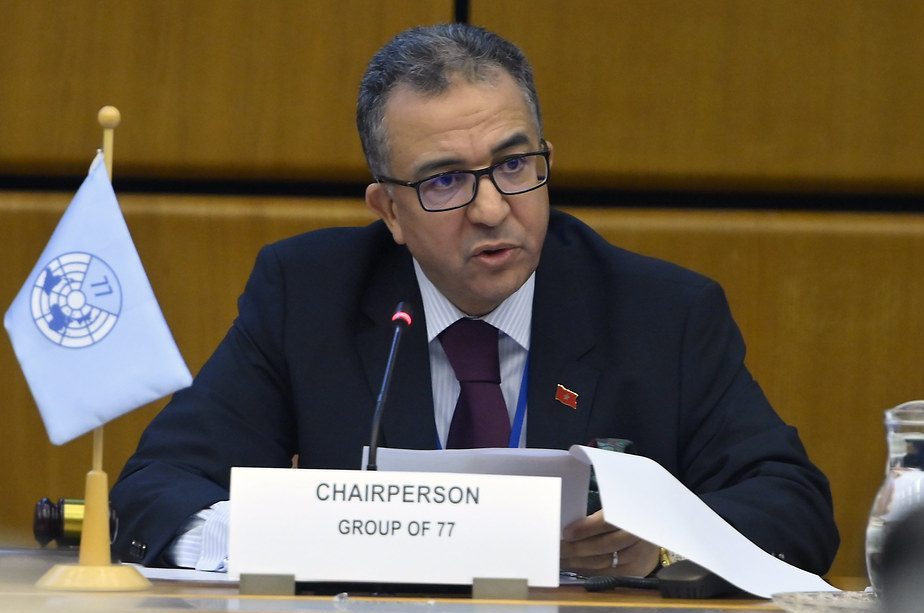

Countering Terrorism: Azzeddine Farhane Sheds Light on Morocco’s Holistic, Integrated Strategy


FM Nasser Bourita Sheds Light on Efforts of HM King Mohammed VI in Human Rights Field
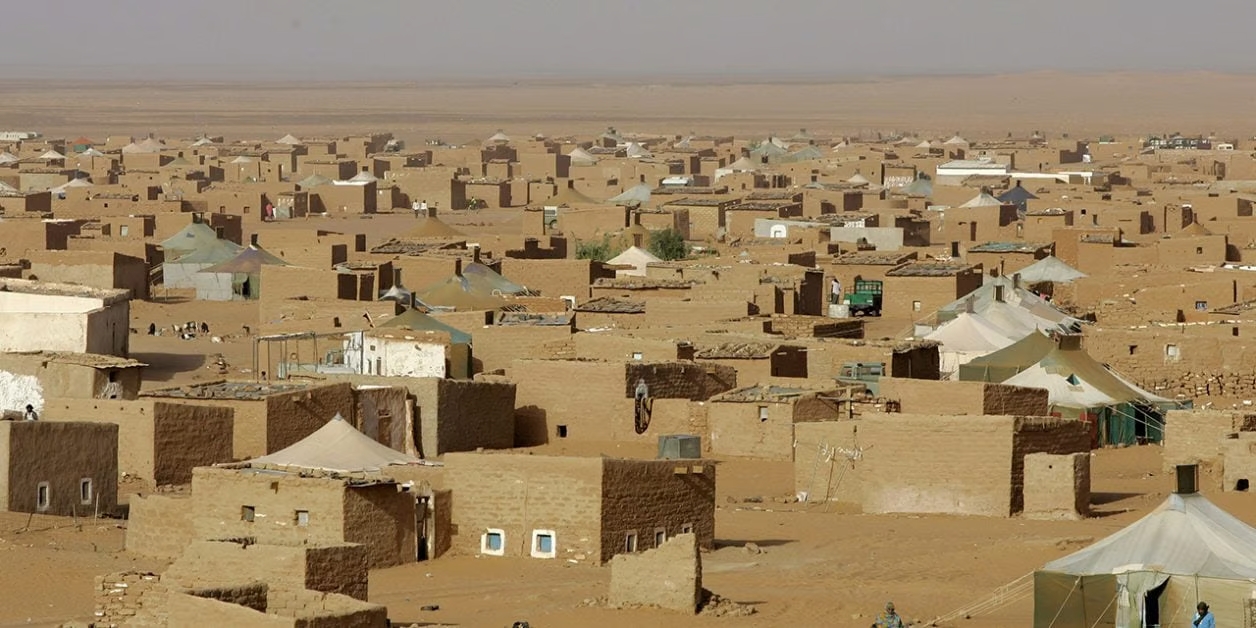
OSPDH Condemns Arbitrary Executions of Young Civilians in Tindouf Camps
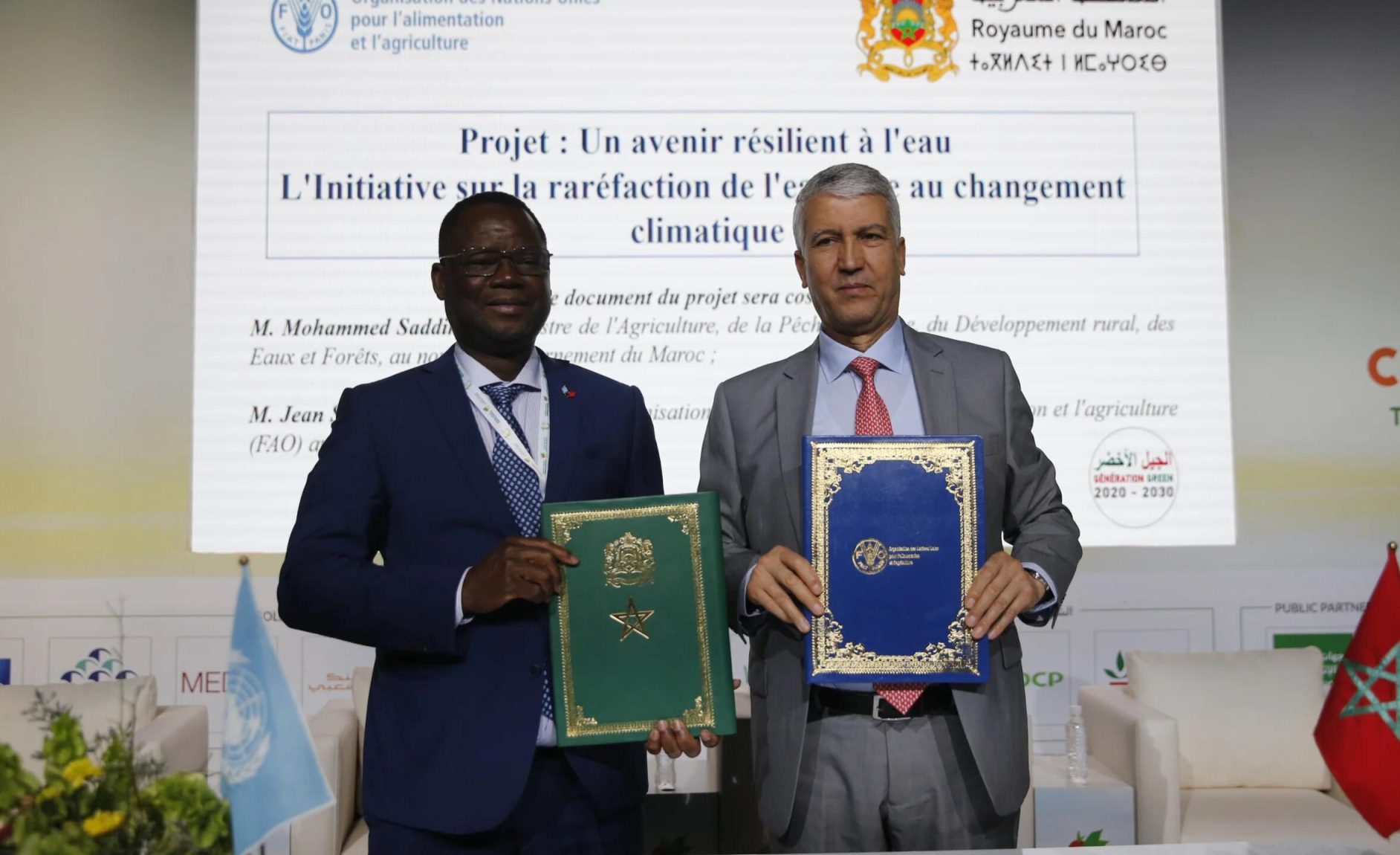
SIAM 2024: Morocco, FAO Join Forces
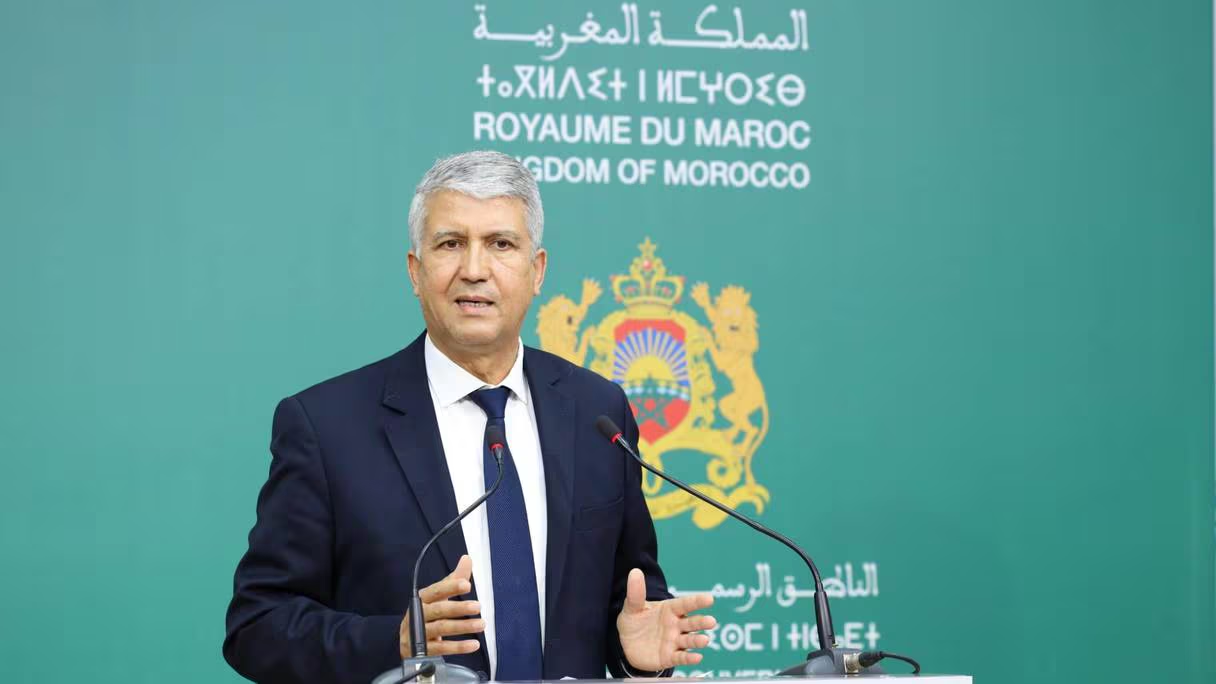
Food Security: Minister Mohamed Sadiki Calls for Collective Action to Address Complex Challenges Facing Africa


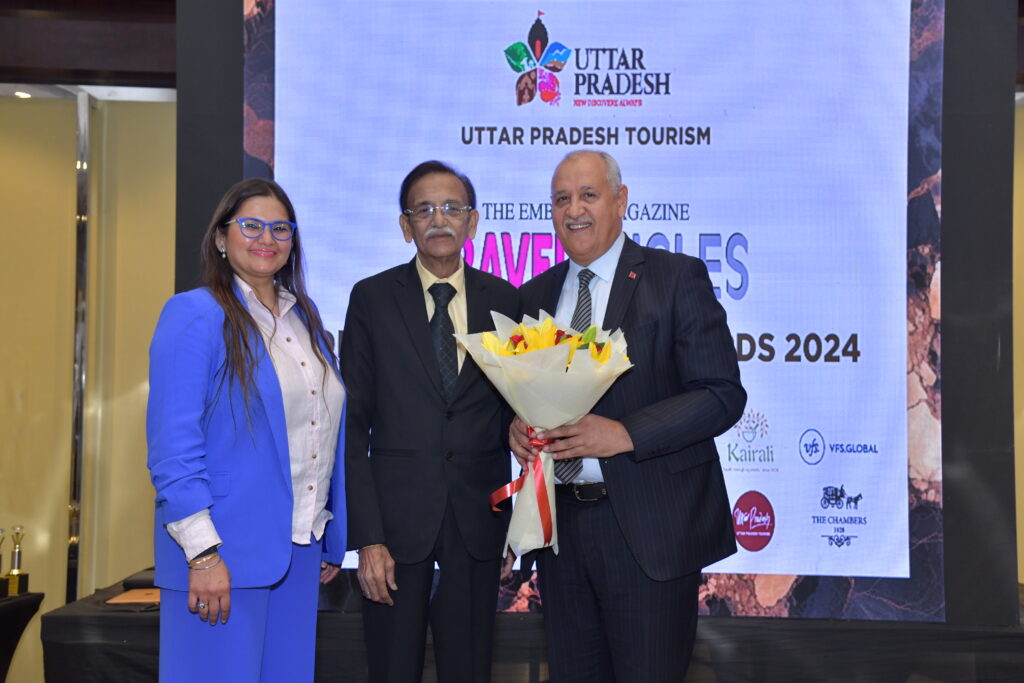




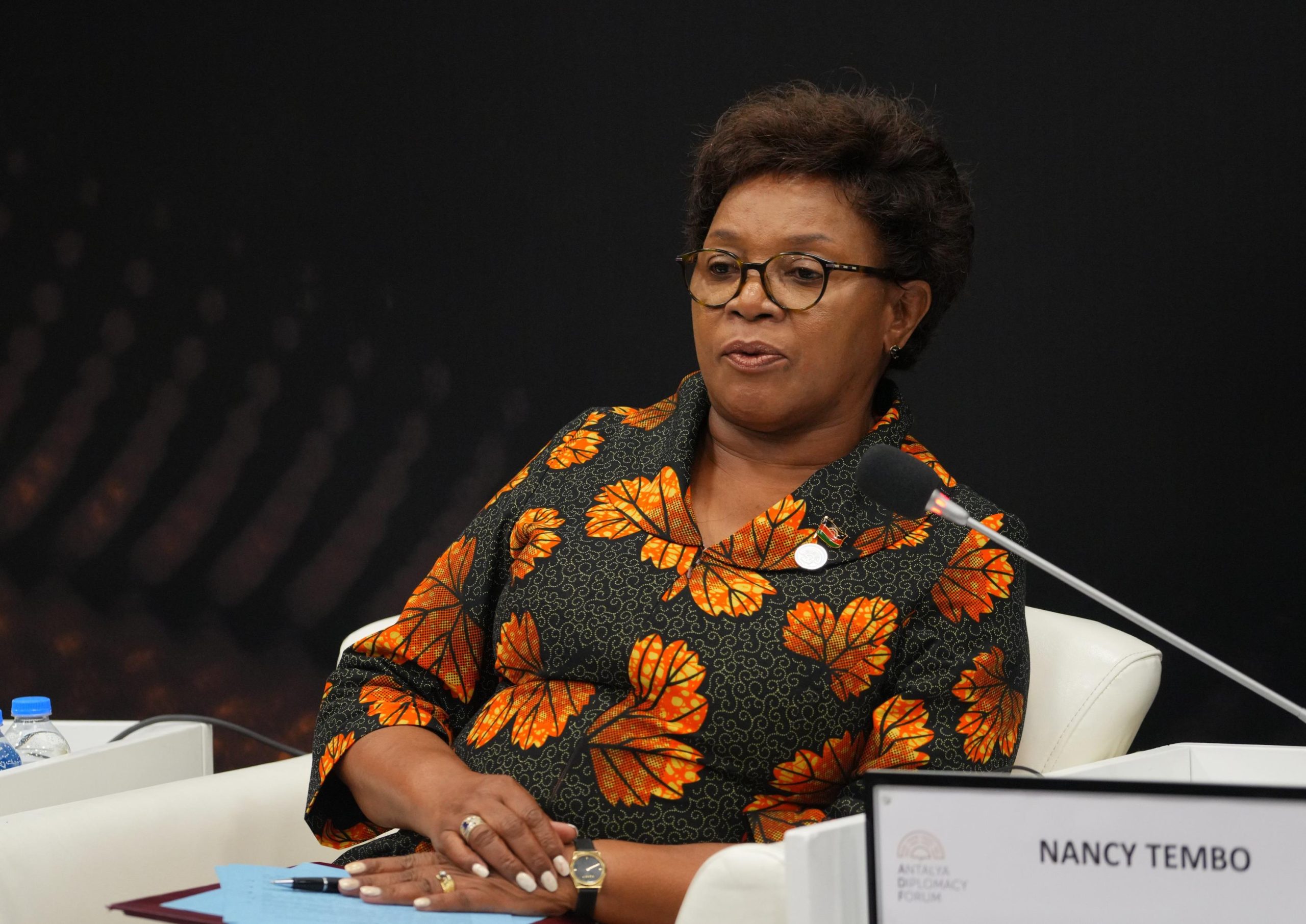
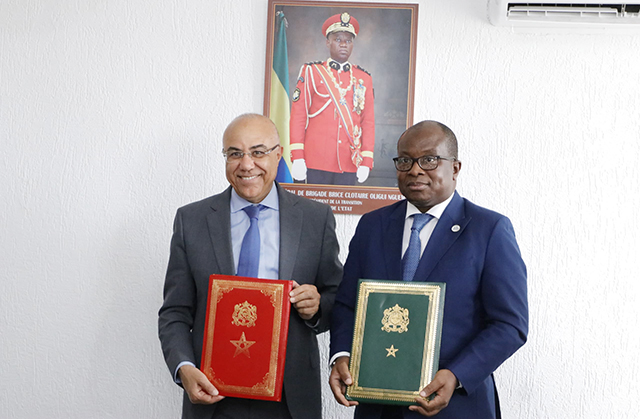
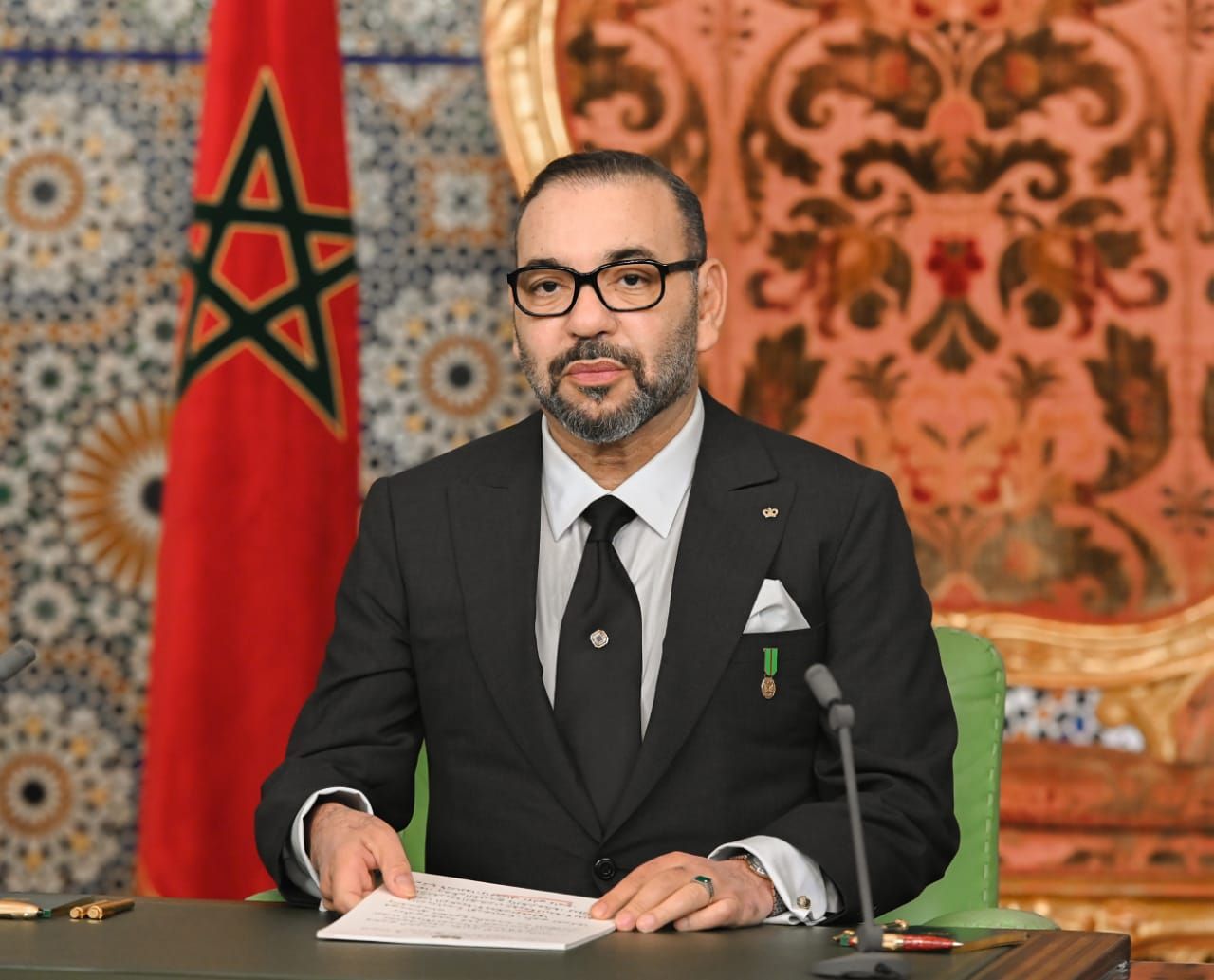


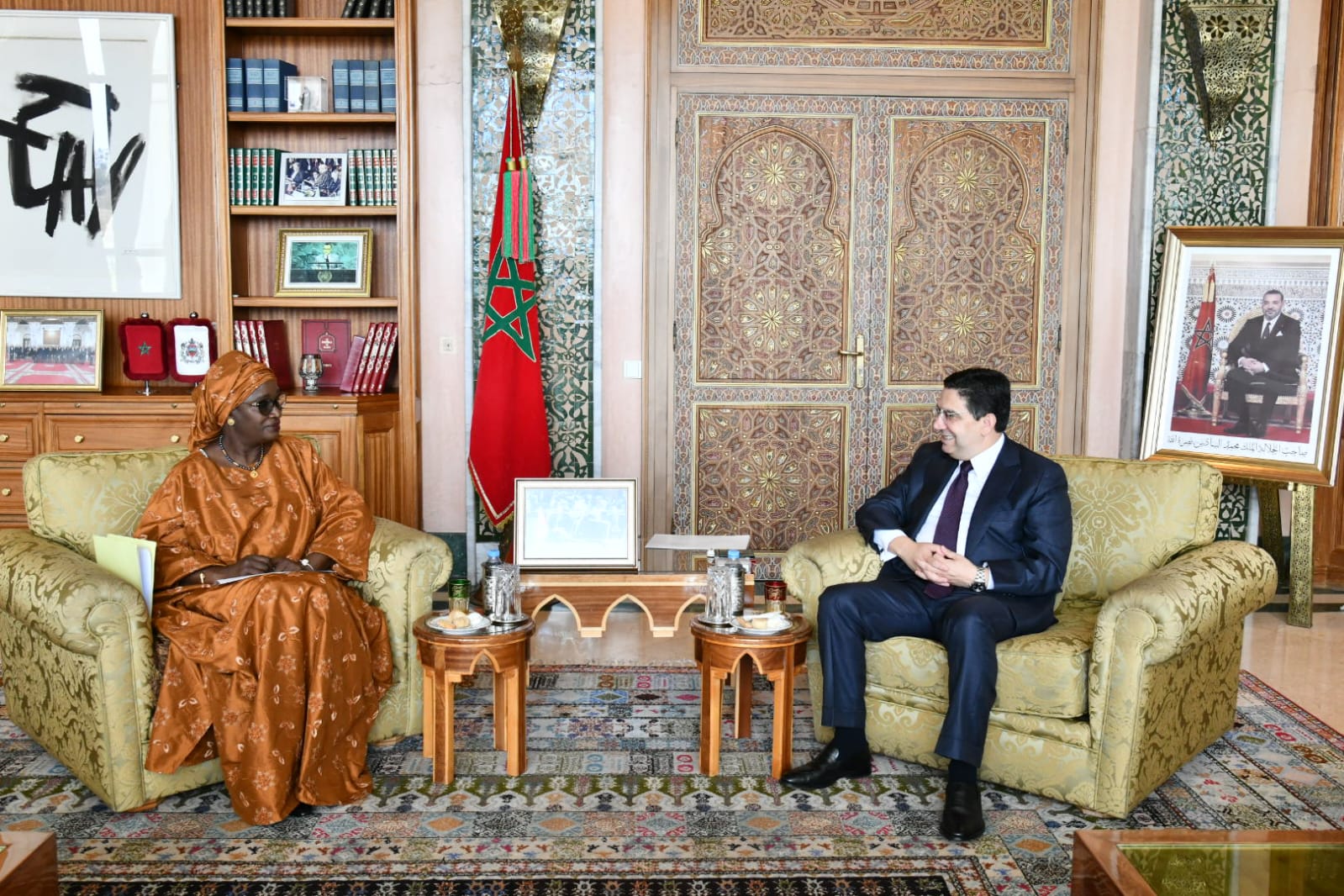

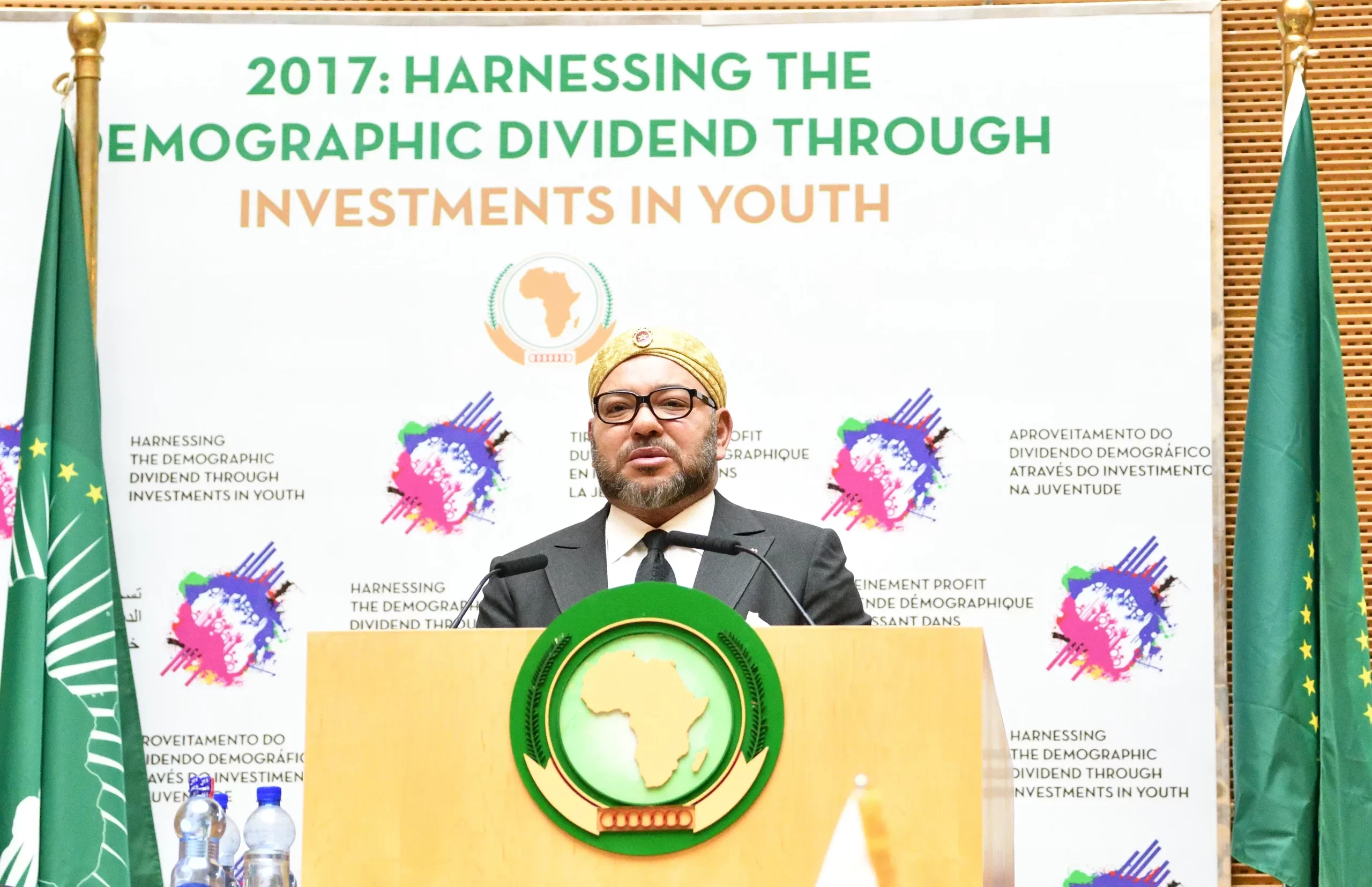
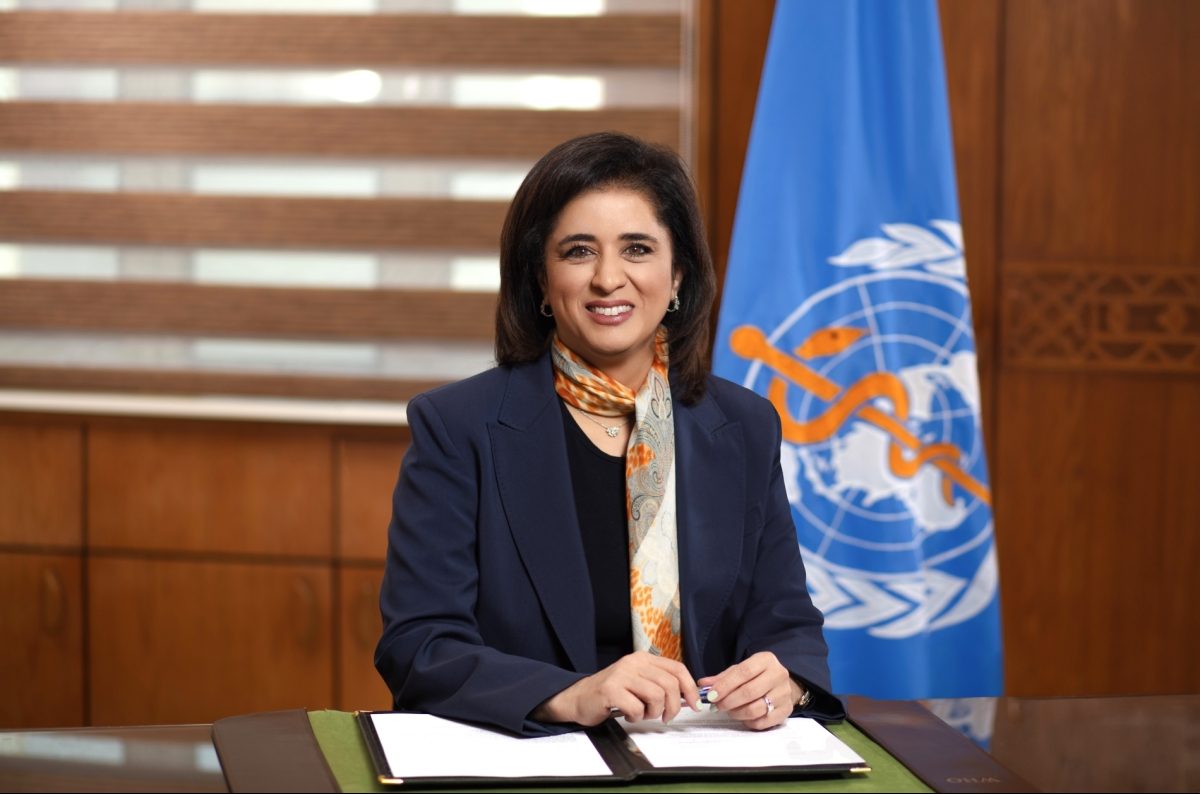
















Althena Media Group
Address:
Kamal Parc Center, Building A. Mohammedia. 28 810 Morocco
Phone Number: +212.710.39.99.99
Email: Contact@moroccoenglishnews.com
Advertising: Ads@moroccoenglishnews.com
Morocco English News is a leading digital news platform based in Morocco.
Morocco English News: See Morocco Differently
Updates and insights related to politics, culture, industry and technology, life and entertainment, Business and Finance.
